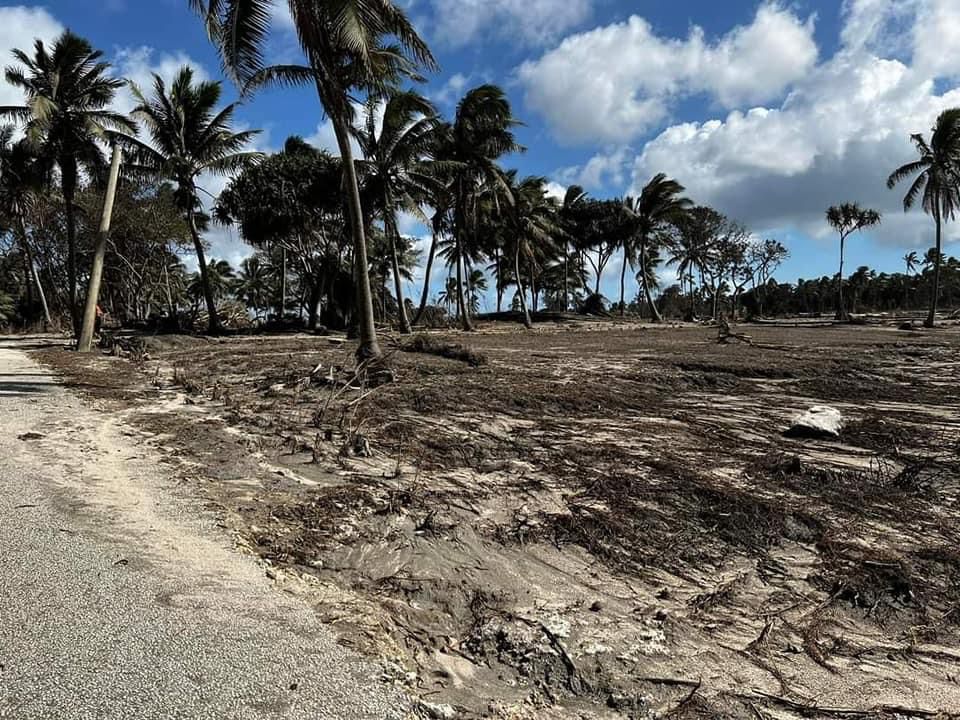
KUALA LUMPUR, April 5 – Half measures will not halve emissions, said Executive Director of United Nations Economic Programme (UNEP) Inger Andersen during a virtual press conference held in conjunction with the launch of the findings of the IPCC Working Group III Sixth Assessment Report on Monday.
It is not a pretty picture, she said of the third report from the IPPCC that provided a full picture of the climate crisis facing humanity.
“The first two IPCC reports told us that climate change is here, now, and causing huge disruption to the natural world and human wellbeing,” a UNEP press statement quoted her saying.
“This report tells us that we are still not doing enough to cut greenhouse gas emissions, confirming the findings of UNEP’s 2021 Emissions Gap Report. The last two decades saw the highest increase in emissions in human history, even though we know how much trouble we are in.
“The next decade cannot follow the same pattern if we are to hold global warming this century to 1.5 degrees Celsius. Half-measures won’t halve greenhouse gas emissions by 2030, which is what we need to do. We need to go all in.”
She said the world had the knowledge and technology to get it done.
“Through a rapid shift from fossil fuels to renewables and alternative fuels. Through moving from deforestation to restoration. Through backing nature in our landscapes, oceans and cities. Through transforming our cities into green and clean spaces. And through behaviour change to address the demand side of the equation.”
She said while there had been an opportunity when countries rolled out stimulus packages to help kick-start economies while facing the COVID-19 pandemic, but there has been failure on the “green scorecard”.
“Once again, we find ourselves with an opportunity as countries seek out alternative sources of energy. Immediate needs must be met, to heat homes and keep lights on. But as we rethink hydrocarbon suppliers and our dependency on fossil fuels, the solution has to be in kick-starting the transition to renewable and cleaner sources of energy.”
The next climate COP must bring more-ambitious climate pledges and long-term strategies for 2050 to help drive such shifts, she said, stressing that the increased action must begin immediately.
–WE